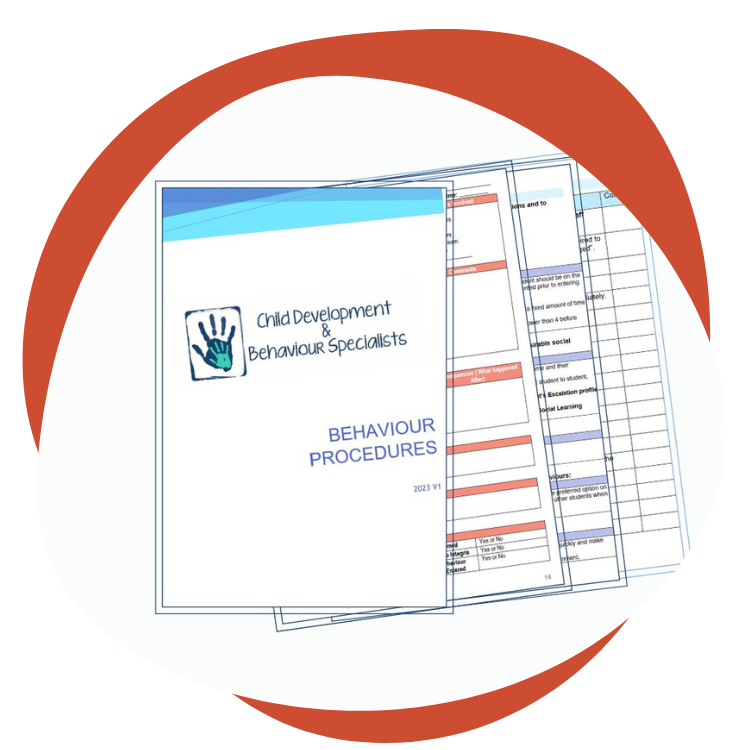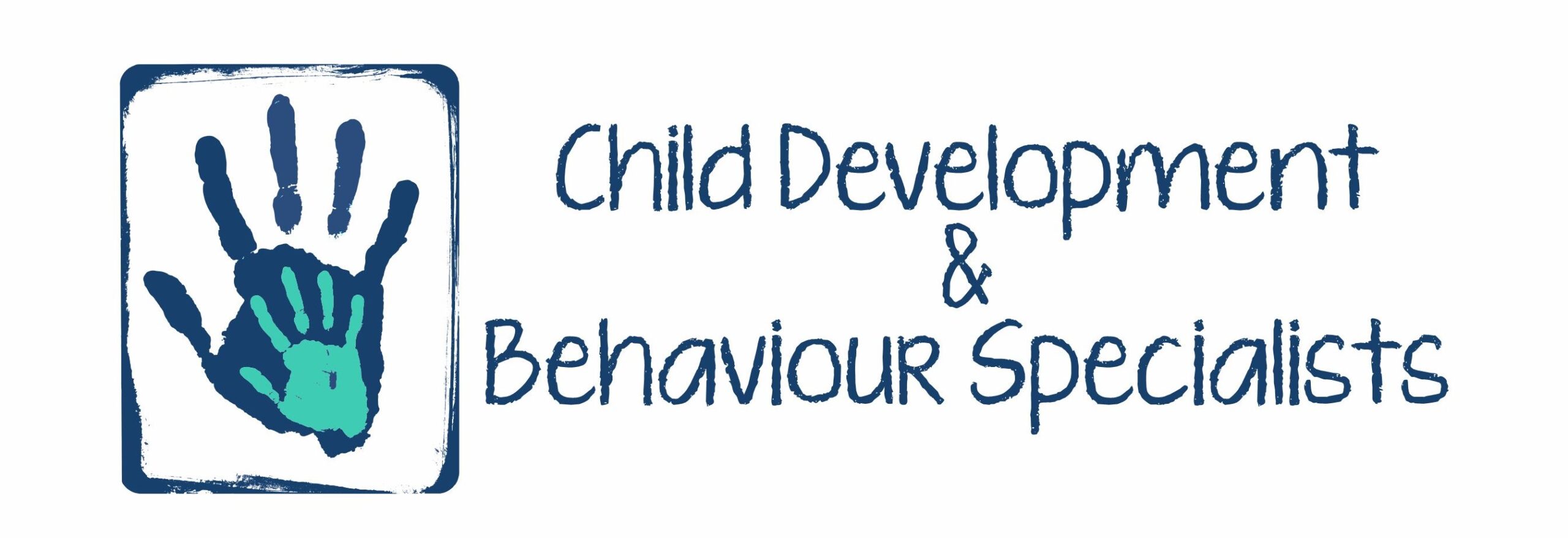About Us
At CDBS We Educate and Capacity Build Educators & Parents
Educators, parents, and other caregivers benefit from our approach because we deliver practical strategies that have been designed using evidence-based principles.
We believe difficult behaviours are modifiable, aiming to empower every child to succeed. We achieve positive outcomes by using observable and measurable data to interpret and identify function of behaviour, escalation profiles and implement behaviour plans and strategies.
We understand the frustrations that some educators or parents can feel while trying to navigate a child’s challenging behaviour.
Our passion is fostering well-being, strong connections, and positive social relationships for lifelong positive outcomes.


About Kelly
Hello and welcome. I’m Kelly – the owner and director of Child Development and Behaviour Specialists (CDBS).
As a mother of four children, my interest in behaviour therapy began when my eldest son needed speech therapy. Over time, I discovered the impact of positive reinforcement, consistent expectations, and resilience-building on my own children’s behaviour and development. Now, my career centres on supporting organisations, children, and families in their developmental and behavioural needs.
With over 17 years of experience as a behaviour consultant, I have worked with children aged 2 to 16, including those with complex behaviours and diagnosed conditions.
Kelly's Qualifications
- Bachelor of Behavioural Studies (Psychology) – Swinburne University
- Graduate Diploma of Psychology Advanced – Monash University
- Applied Behaviour Analysis Training Level 1
- Certificate in CAS1X Noongar Language and Culture
- Protective Behaviours Level 1 Training
- Level 1(A) Mental Health First Aid Cert
- Trauma Informed Positive Behaviour Support (TIPBS)
- Team Teach – Level 1
- Introduction to Adverse Childhood experiences (ACE’s) and Early Trauma
- Professional Cert in Understanding Childhood Trauma
If you would like to know more, then get in touch with me today.
Introducing Kylie
Kylie is our administration superstar here at Child Development & Behaviour Specialists. Kylie also attends the face to face workshops and other key events supporting Kelly and event attendees.
Kylie joined CDBS in 2021, after moving back to Mandurah with her family in 2020 after living and working in the Pilbara for 20 years. Kylie enjoys coastal living and entertaining her family and friends.

Why Work With CDBS?
Educators:
Have you encountered challenging behaviours in your classroom or centre that have been difficult to manage?
Director Principals:
Have you noticed any recurring behaviour issues within your centre that have not been effectively addressed?
Are your staff members equipped with the necessary skills and resources to manage challenging behaviours?
How do you measure the effectiveness of your behaviour management practices?
Parents:
Working With Us
Working with CDBS gives you the opportunity to learn and build your capacity to manage challenging behaviour.
We know the positive impact for children, parents, and educators, when we use positive reinforcement, manage consistent expectations, and coach resilience-building. This is why CDBS supports organisations, children, and families in their developmental and behavioural needs.
We can help capacity build educators professional and families which can assist the child and the adults to understand behaviours, and then learn de-escalation strategies.
By implementing positive behaviour support now, we can help all children to:
- Be better able to learn in classroom settings
- Enjoy better relationships at home and with family or friends
- Feel more confident in their own behaviour management


Our Approach
Our approach is underpinned by a belief in support through empowerment. Our goal is to enable individuals to develop strategies that can be confidently, independently and effectively implemented throughout day-to-day activities and routines that support the growth and well-being of both children and adults.
CDBS strategies include:
Implementation of a Positive Behaviour Structure
Positive behaviour structure is an evidence-based approach that aims to reduce challenging behaviours by improving communication, identifying triggers and modelling appropriate behaviours to individuals.
Positive reinforcement encourages prosocial behaviours and increases responsibility. At the same time, positive reinforcement reduces and eliminates undesirable behaviours such as hitting and screaming and minimises defiance against following rules.
Adopt a Consistent Behaviour Modification Process
- Identify the challenging behaviour
- Collect data for analysis
- Investigate the function of the behaviour & identify any contributing patterns
- Develop & implement behaviour support plans and strategies
- Review and reflect on practice
ABC Behaviour Tracking to Identify the Function of Behaviour
The ABC model is a method used to record and track individuals’ behaviour to understand the context and function of the behaviour occurring. The ABC tracking sheets break down the observations into three clear areas.
ABC stands for:
Antecedent – what happened before the behaviour?
Behaviour – what was the actual behaviour?
Consequences – what happens afterwards?
Understanding why the behaviour is occurring and what occurs just prior to and after the behaviour allows for the correct intervention strategies to be implemented to modify the behaviour.
Understanding the Functions of Behaviour
Behaviours serve a function in everyday life. Functions of behaviour are best described as the likely reason “why” the behaviour has occurred. Understanding the functions or the “why” can help to recognise the motivation behind one’s responses, actions, or behaviours within the environment.
Challenging behaviours often occur to control or access one of the four key functions:
Sensory – to gain or escape a sensory experience
Escape/Avoidance – to get away from undesirable situations, interactions or expectations
Attention – to get access to people or interaction
Tangibles – to get a desired item or activity
When individuals demonstrate problem behaviours, it can be difficult to understand why they choose problematic behaviours over more socially acceptable ones. It’s important to remember that there is always a function to the behaviour displayed. When the behaviour modification process focuses on identifying the function of the behaviour, the behaviour demonstrated can be modified with the correct process and reinforcement.
Avoidance of Reinforcing Negative Behaviour
Attention is a powerful reinforcer for a child, whether it’s from another child or an adult. Adults can accidentally reinforce the negative attention-seeking behaviour by giving the child attention when they are displaying undesirable behaviours such as shouting, crying or kicking. While the attention received may be negative, the child has achieved the outcomes of any attention.
Importance of Play for Child Development
CDBS recognises and understands the importance of play for development. We advocate for a strong understanding and respect for play as an important tool for social and emotional development and its affordances to directly and indirectly, support positive behaviour learning. Research suggests that play contributes to the development of academic outcomes and essential life skills, including collaboration, confidence, and communication.


Development of Behaviour Support Plans and Procedures
CDBS can develop and implement individualised and organisational behaviour strategies, plans and procedures to support positive behavioural change and case management. Individualised policies and documentation is crafted through observation, assessment of functional behaviour, and consultation with individuals within the organisation.
Programs are individualised to cater for each child’s needs and abilities. We create programs inclusive of children with additional needs, identified conditions, learning challenges and complex home environments. All programs are developed alongside school and centre guidelines and in collaboration with all individuals involved.
Clear policies are essential to ensure a consistent approach to behaviour support. Documentation helps ensure children, educators, parents, and other staff are all on the same page. Effective case management also helps monitor and evaluate policies’ appropriateness and effectiveness.
Behaviour support plans and other policies are developed in order to;
- Reduce confusion between educators
- Ensure a consistent approach in different settings
- Provide a rationale for the behaviour support plan
- Ensure best practices are followed
- Decrease undesirable intervention methods which may be triggers
- Provide step-by-step strategies for successful behaviour change
- Provide guidance on avoiding triggers, like body language and tone of voice
Why is it important to have behaviour management plans?
- Encourages positive relationships
- Sets clear behaviour expectations
- Teaches interpersonal skills
- Promotes inclusiveness




